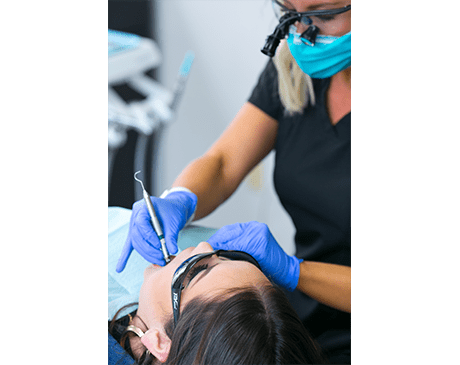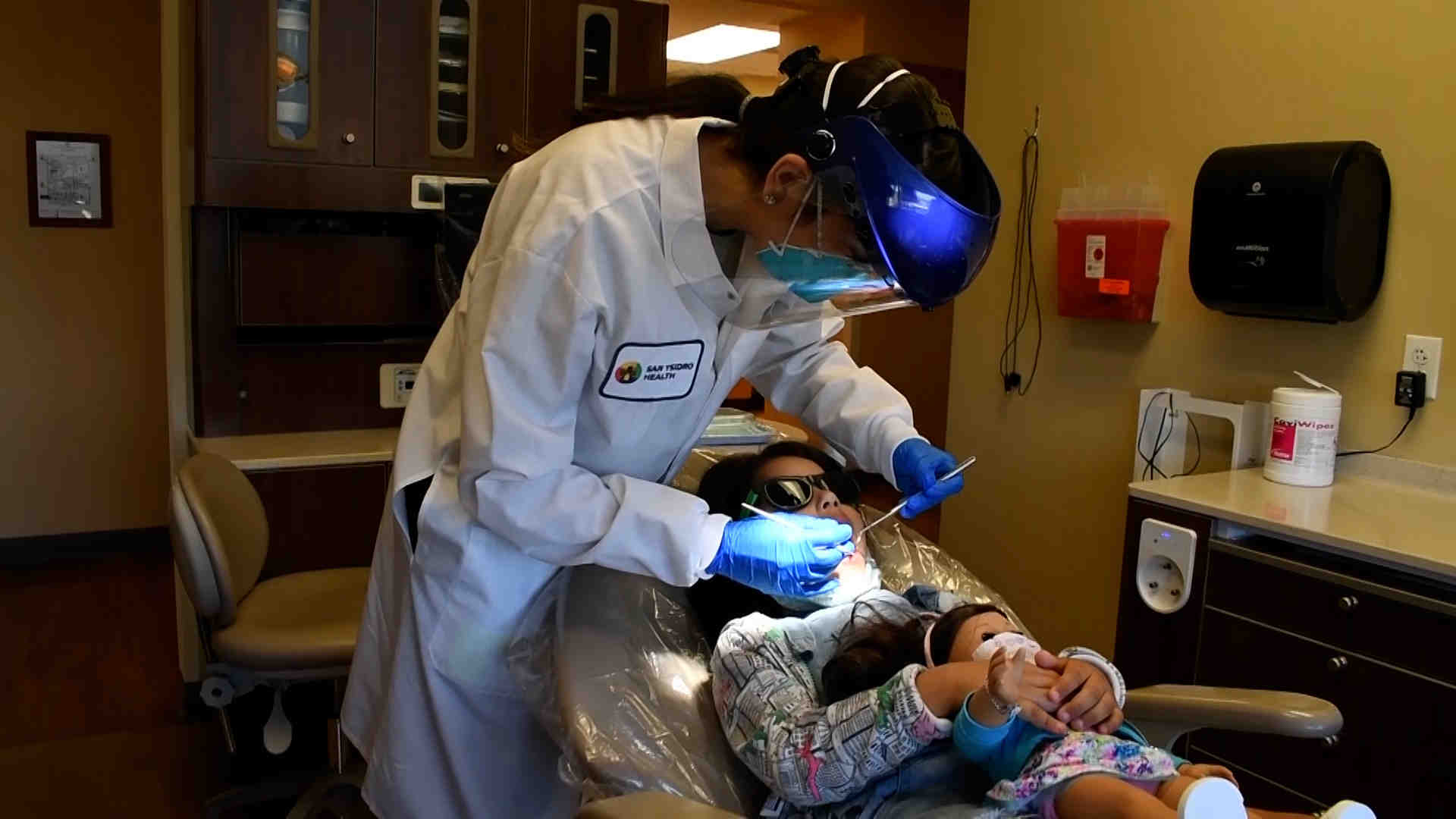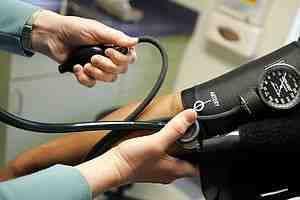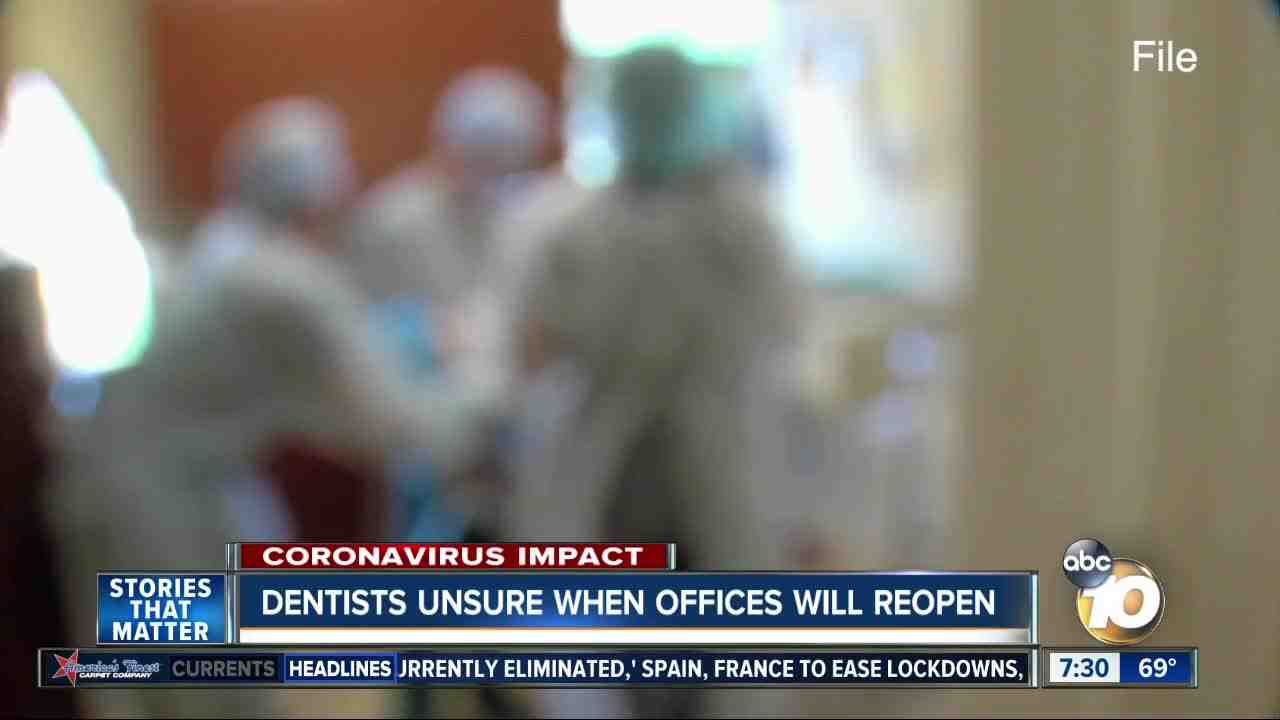Should I go to the doctor or dentist for nonurgent appointments during the COVID-19 pandemic?

Many doctor’s and dental offices now have sufficient personal protective equipment in place and have put in place comprehensive safety measures to protect you, the doctor and office staff, and other patients. If you are concerned about an in-person visit, call the GP surgery. Many clinics are increasingly providing telehealth services. This could mean telephone meetings or virtual visits using a video chat service. Ask your doctor to schedule a telehealth appointment for a new or ongoing non-urgent matter. If, after talking to you, your doctor would like to meet you in person, he or she will let you know.
What can COVID-19 do to your lungs?
Your lungs may become inflamed, making it difficult to breathe. This can lead to pneumonia, infection of the tiny air sacs (called alveoli) in the lungs, from which the blood exchanges oxygen and carbon dioxide.
How long does COVID-19 recovery take?
Most people with mild cases appear to recover within one to two weeks. However, a recent study by the CDC found that recovery may take longer than previously thought, even for adults with milder cases who do not require hospitalization.
Can I resume routine dental care?

Dentists across the state can now see patients for non-acute care. The American Dental Association advised dentists what additional steps they can take to protect patients and staff from COVID-19 infection.
Should I still exercise during the COVID-19 pandemic?
Regular exercise has many benefits for your physical and mental health. The new coronavirus pandemic disrupts every aspect of life – and exercise routines are no exception. The closures of parks, gyms, and fitness studios by COVID-19 make exercise difficult. However, exercise is important for staying healthy, preventing weight gain, reducing stress, anxiety, and improving sleep. Some studies even show that regular, moderate-intensity exercise may have immune-boosting benefits, but the effect of exercise on susceptibility to COVID-19 is unknown.
Can I be infected with COVID-19 if I am more than 6 feet away?
The CDC continues to believe, based on current science, that people are more likely to be infected the longer and closer to a person with COVID-19. Today’s update confirms the existence of some published reports showing the limited, abnormal circumstances where people infected with COVID-19 and others were within 6 feet or shortly after the person infected with COVID-19 left the area. poorly ventilated and confined spaces that often required activities that made breathing heavier, such as singing or exercising. These environments and activities can contribute to the accumulation of virus-carrying particles.
Can COVID-19 be transmitted orally?
The virus is spread through airway droplets that are released when a person with the virus coughs, sneezes or talks. These droplets can either be inhaled or land in the mouth or nose of a nearby person. Contact with sputum while kissing or other sexual activities can leave you exposed to the virus.
What types of dental procedures are considered an emergency during the COVID-19 pandemic?

Emergency procedures depend on the level of pain or discomfort experienced by the patient. However, these procedures would include: Treatment of emergency pain and swelling.Depending on severity, these would include healing fillings – fillings, drainage of edema and infection, and removal of nerve tissue from an inflamed tooth – pulpotomy Removal of heavy removable, broken or broken teeth Denture correction in sore Spots You should pay attention to these areas as they can lead to open wounds which can further complicate and cause infection. Refilling prescription drugs Consult your dentist. With the advent of telemedicine, coming to the office may not be necessary to see us.
Can I still take a walk in the neighborhood during the COVID-19 pandemic?
Unless prohibited by specific local laws, going outside and walking at least 6 feet from others can be a great and safe way to stay healthy.
Can transmission of COVID-19 infections happen by touching a surface?
Surfaces can become contaminated with microorganisms and potential pathogens. However, many of these surfaces are generally not directly related to transmission of infection to healthcare professionals or patients. The transmission of pathogens from environmental surfaces is largely due to hand-to-surface contact (eg, frequently touched surfaces). Tactile contamination can lead to cross-contamination of patient-care items, other environmental surfaces, self-contamination and possible infection when touched the face or mouth.
Is it dangerous to eat out during the COVID-19 pandemic?
To protect yourself from contracting COVID over dinner, the CDC recommends that you follow these guidelines: Don’t leave home if you are sick. Always wear a face covering in restaurant except when eating. This includes indoor and outdoor dining areas.
What is the COVID-19 stay at home order in San Diego?

• Everyone should stay home except with basic needs, important work, reopened companies, or exercise. • Exercise social distance. Stay at least six feet away from other people, unless they are members of the household.
Can the coronavirus disease spread through food?
There is no evidence that people can catch COVID-19 through eating. However, sharing utensils and piling up in food service places can be a threat. If food is offered at any meeting or event, have individual wrapped boxes or bags instead of a potluck, buffet, or family meal.
Does cooking kill the coronavirus?
According to WHO, heat at 56 degrees Celsius kills the SARS coronavirus at around 10,000 units per 15 minutes (fast reduction).
Can coronavirus decrease sex drive?
From NBC News, in a group of just over 9,000 people, only 24% said COVID-19 infection had a positive effect on their sex life, 28% were neutral, and 47% said it had a negative effect. In addition, a study in China found that sexual activity fell among young men and women.